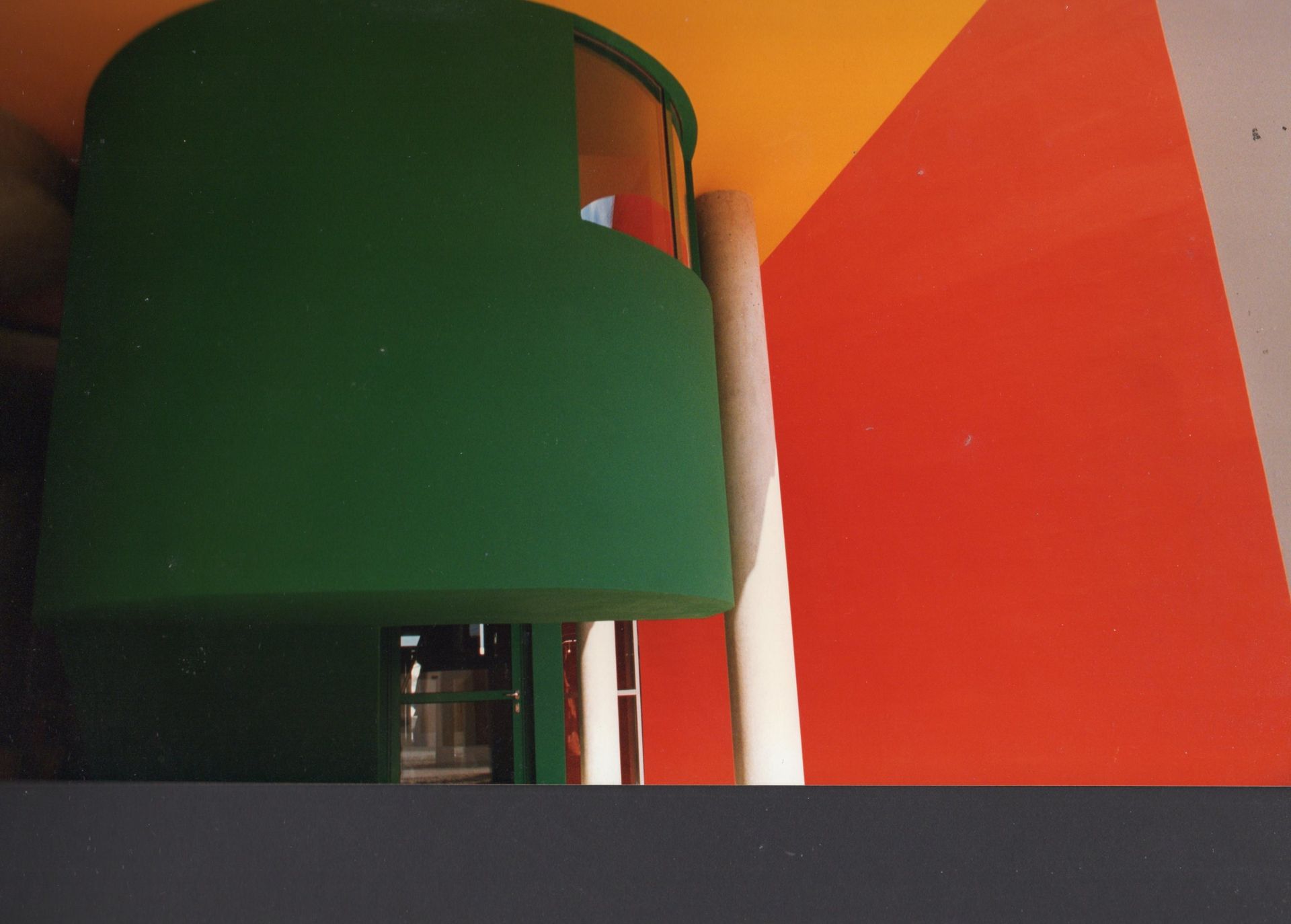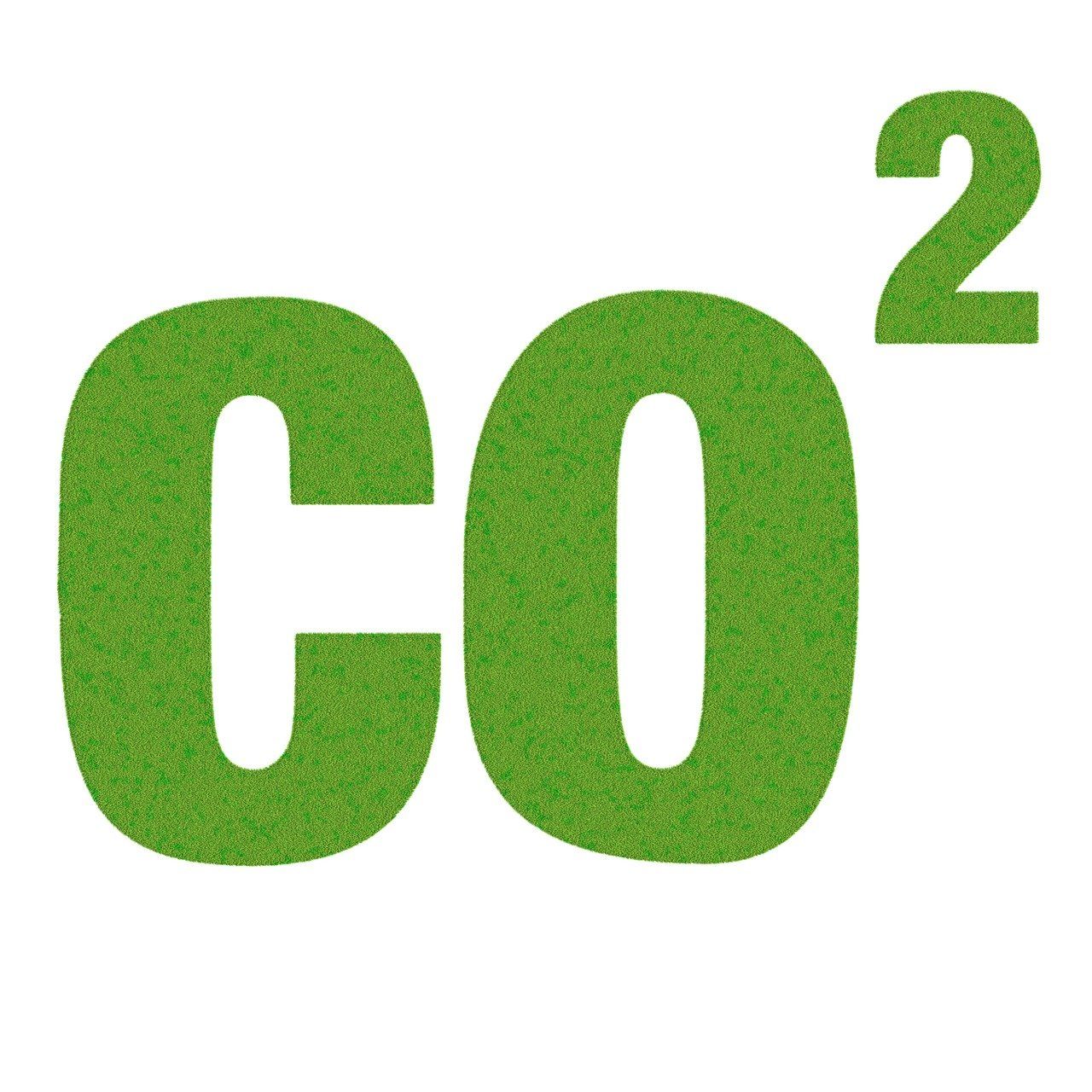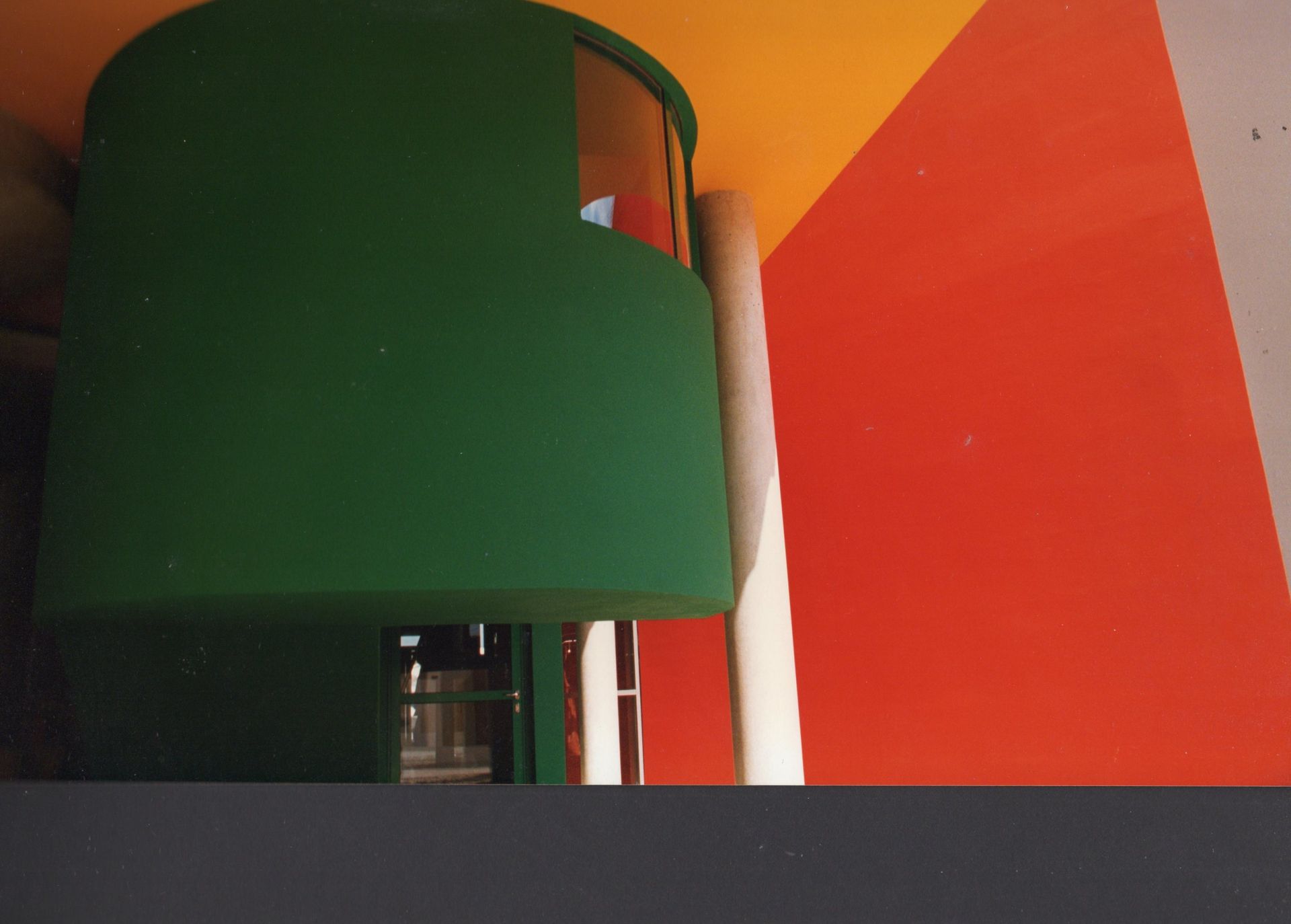‘Wanderlust’
…the first step in my journey (from architect) to translator

This article is dedicated to the memory of Axel Deuschle.
Summer of 1992 – in the comfort zone
Axel and Andy are standing in the living room of our first floor flat in Glasgow's West End. The sun is out. Beyond the Georgian windows of the flat that stretch almost to the full height of the room allowing light to flood in. Across the way, in front of the Georgian terraces, trees move lazily. They have just flown in from Stuttgart, and are paying us a flying visit before heading north to do some hiking.
Andy is a friend from “The Mac” (Mackintosh School of Architecture) and left to work in Stuttgart almost a year ago at the German office of Wilford and Partners (formerly Stirling Wilford Architects). Axel is an architect and native ‘Stuttgarter’, and both are working on the exciting tower section of the Neue Musikhochschule, which is currently under construction and is the second stage of the master plan which started with the Neue Staatsgalerie.
“You should come over, you’d love it in Stuttgart, we’ll find you something to do at the office” Andy could be quite persuasive. I must have looked sceptical, as Axel joined in “just get yourself over anyway, there’s plenty of work for architects there at the moment”. He spoke almost perfect English, but with a strong German accent, well tanned and standing at least 6ft tall. He looked pretty street-wise and more like a film star than an architect, something akin to Kevin Costner with a hint of Sting, and looked like he would know everybody in Stuttgart.
At the time I brushed it off, it just seemed too far-fetched. I was a Glasgow boy, had lived there all my life and had no intention of leaving. I had just met the love of my life from New Zealand and her dog Bazil, a Lakeland Terrier who, although loved destroying my favourite items of clothing, was fast becoming the other love of my life. Despite the patchy work scenario, life was good, so why change it?
Apart from all this, I could hardly string a sentence together in German, and could only vaguely remember the German I learnt at school. On the other hand, why did this country keep resurfacing in my life? Antje, my previous flatmate, was German and we had become good friends. Dad and my sister were German teachers. I was determined not to be a ‘chip off the old block’ and didn’t want anything to do with German or teaching.
Perhaps though, I just had to accept that this was meant to be...
Summer of 1993 – out the comfort zone
Andy meets me as I tumble off the bus late in the afternoon at Stuttgart train station.
Glasgow goodbyes were painful. I had been playing saxophone with bands in Glasgow partly for fun and also to earn a bit of extra cash. One of the groups I played with in Glasgow has a folk/rock group and we had toured around Scotland to far flung places such as Aviemore and as far north as Ullapool where we played at New Year. The last time we played together, Kevin Noon or "Nooney" as friends and bandmates called him, had written a new song called ‘Haste Ye Back’ which I had never heard before, a bit of a cliche perhaps, but the sentiment was very clear. A year later they made an album called ‘Wanderlust’, had I inadvertently given them a name for their album?
I watched my partner standing stoically with my parents as I boarded the bus, and witnessed her face crumple into tears as the bus quickly pulled out and she realised I was gone. It was heart-wrenching but I had to look forward, I had made a decision, and we would work things out.
Andy took me to a nearby beer garden in the Schloßgarten to recover from my hot 20 hour journey, in front of my first Hefeweizen while the vibrations in my body slowly dissipated. The night before I boarded the coach it had been playing my final gig in Glasgow on the Waverley paddle steamer on the River Clyde, but all now seemed a distant memory… He leaned back, pulled out a cigarette, and smiled broadly showing his slightly crooked teeth as if to say “You did it then!” and we talked late into the evening.
After a short meeting with Manuel, who ran the Stuttgart office, I began working on the interior finishes and ceiling layouts of the Musikhochschule for a month or two. The shell work was complete and the
Richtfest (topping out ceremony) had been held on the roof terrace of the tower overlooking Stuttgart.
If you are find a more in-depth article about my experience of working on this building, design concept, the part I played in it, some of my sketches and working drawings, various articles about the building, click on the image opposite to jump across to my blog “Working at Wilford and Partners – the STO Exhibition Building in Hamburg”
I talk about how I tried to remain faithful to the design and overcome some of the construction challenges and resolve the dichotomy between aesthetics and practical implementation.
If you need a translation about architectural design, sustainable building or construction from German to English or need an article written on one of these topics, please feel free to get in touch with me at ken@architectranslator.co.uk or kb@kennword.com.
Otherwise, please read on to find out how my story ends...
Clunky junk
Manuel had found me a flat which was roughly 10 minutes walking distance from the Neue Stadtsgalerie, the office and the pub. It was a one-room ground floor flat with separate kitchen and bathroom. It had possibly been a shop at one time because the one room with three large windows on one side was right on the street and The pavement ran right past my windows. On the outside, a small awning above the windows projected out over the pavement. This was an intimate relationship with the street, but I didn't want to deal with it by pulling down the shutters every night.
So I decided to make something of this and 'zone' the room: public area at the front and private sleeping area at the back. I separated the two areas with a tall slender bookcase and blinds on either side which allowed light to pass through. Now I had privacy when I wanted it, I made the front into a "showcase" living room furnished with objects found at a flea market, such as a beautiful little triangular 50s black mosaic table, a stereo system donated to me by a colleague at the office, and furniture from the Sperrmüll or, literally translated, 'clunky junk'. It is an ingenious idea, and perfect for me with my situation with no furniture to speak of.
The Sperrmüll was held around the city on a rotational basis and when it came round to my neighbourhood I usually went hunting for nice furniture. The idea was that any bulky waste that would not fit into a dustbin could just be deposited on the street. Everybody could have a look round, take what they wanted and the next day a large rubbish truck would come round to cart the rest of it away.
I soon had my front room furnished with a slightly worn not too mangy but nonetheless very elegant Chesterfield sofa and some half-height shelves, a straggly unloved banana palm which had been casually flung on a skip and which I lovingly nursed back to life and some chairs. The arms and back of beautiful sofa were detachable, so I managed single-handedly to get the thing back to my flat, with a great deal of heaving and sweating, as I had to hurry back to where I had found it before the rest disappeared. I found a green VW Beetle wing and hung it on the wall with a light behind it, a ridiculous move in hindsight but it did give the room the sort of experimental art gallery vibe I was after and anybody glancing in would get something to look/laugh at. If I got tired of anything or felt it had been a bit of an impulse grab, I just tipped it out the front window during the next Sperrmull.
In the evenings, I would often be part of this ‘scene’, turn the lights down a bit listen to music, eat, drink or read while people quietly walked past on their way home or heading into the city centre occasionally glancing in, sometimes with a quick glance or even a smile. They were very polite, but then I was in Germany now – people were civilised and behaved themselves, whereas in Glasgow I might easily have had some people banging on the windows, perhaps screaming something about an anchor.
Solitary confidement
Evenings were quiet. Initially, it felt like I had walked out of the best room in the party, full of friends, noise, and warmth and now I was sitting in the quiet room with only my thoughts (and some Chet Baker on the CD player) for company. Social events could often be quite a lonely experience too as my German was still very basic and I soon lost the thread of the conversation round the table and focussed on the German beer, which only played havoc with my cognitive functions. Fortunately some people sensed when I was languishing and came to the rescue. Axel often invited me to social events and I had started handing out with Matthias, a DJ from Stuttgart whose brother I had met while busking in an underpass in the city centre. He frequently called out the blue to ask if I wanted to head out. He spoke perfect English as well, but we had something else in common – we were both trying to maintain long-distance relationships. His girlfriend was in America and he had been trying to persuade here to come and live with him in Germany – I was in a very similar position, except she was from New Zealand, living in Scotland, it was a hard sell. In the meantime we also bonded over jazz, ‘rare groove’ R&B and dance music, it was our escape and our solace.
One night we drove to Tübingen, the university town south of Stuttgart, to a club called ‘The Forum’. “I’ve been thinking” he said as we drove off “I’d quite like to try some live sax during my set”. The floor was starting to get busy and from our vantage point in the DJ booth could see everyone getting in the mood and unwinding as the tracks played out. In contrast, I was starting to get a bit nervous.
“If you make sure you're connected
The writing's on the wall
But if your mind's neglected
Stumble you might fall”
An extended version of ‘Connected’ by the indie band Stereo MCs, was playing. The vocals dropped out, Matthias looked up at me from the decks - the mic was open. The floor was now very full and people were moving to the lazy groove. The sound of the sax filtered back through the club system, strangely discordant and distant from where I was standing, yet I felt the connection, between us, with the room, and the culture and the country.
‘Haste Ye Back’
“This is the engine room”, the boss proudly announced as he introduced me to the workers in the basement (bowels) of his small architectural practice (sweat shop) somewhere in Edinburgh. In Germany, the working drawings for the STO building had gone out to tender and my contract at Wilford and Partners was up. I wanted to be reunited with my partner and dog so I was back in Scotland looking for work.
The projects looked a bit lucklustre and uninspiring. “So when do you think the wanderlust will strike again” he eventually asked brightly with a cheeky grin, all the faces round the table looked expectant.
‘Wanderlust’ reprise
There was that word again, a bit hackneyed and old fashioned perhaps, but it has stayed with me. I had changed and was obviously also a lost cause for daring to set foot outside of Scotland and the UK. I told him I would like to settle down now but the words sounded hollow and we all knew the last place I wanted to end up was the engine room!
Once again, destiny was calling.
Axel came round to the flat in Urbanstraße the day after I returned to Stuttgart a few weeks later with a small design project – I was back in Germany, the rest would take care of itself, somehow.







